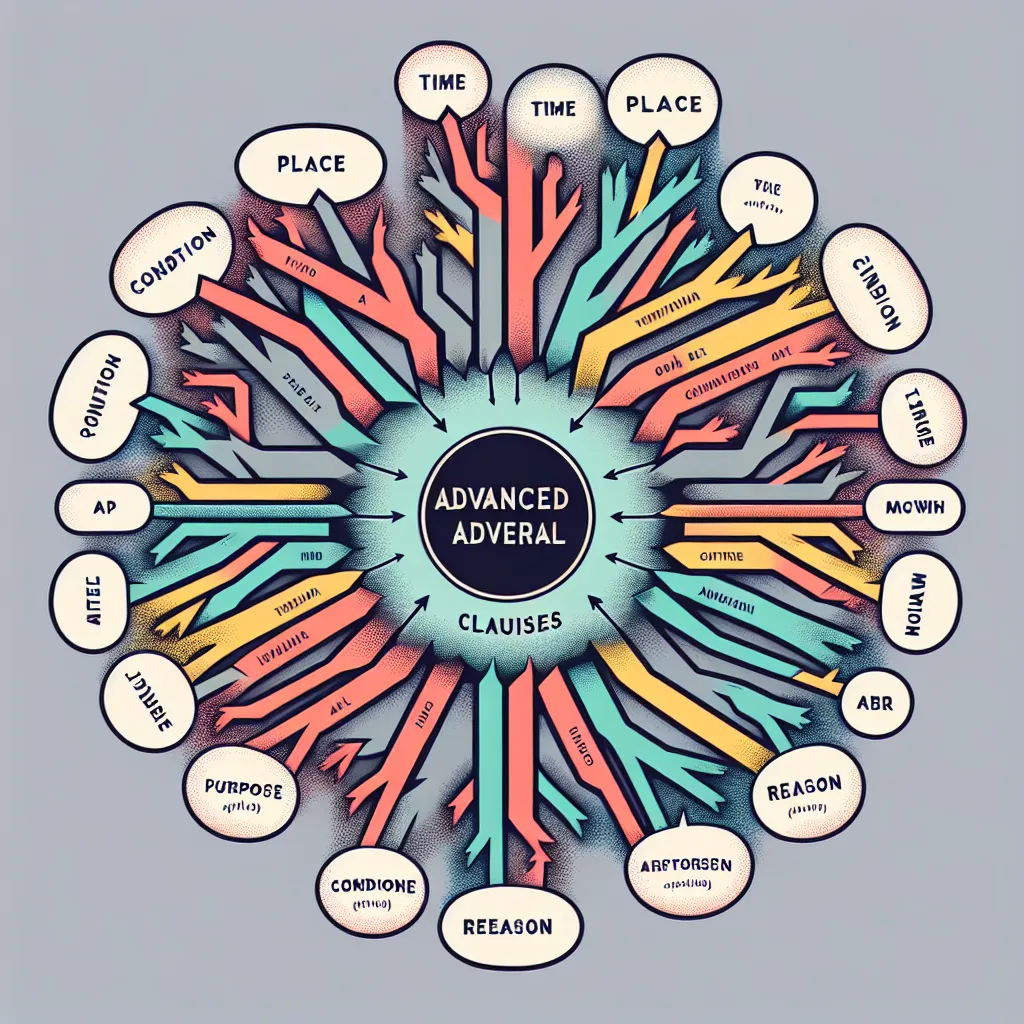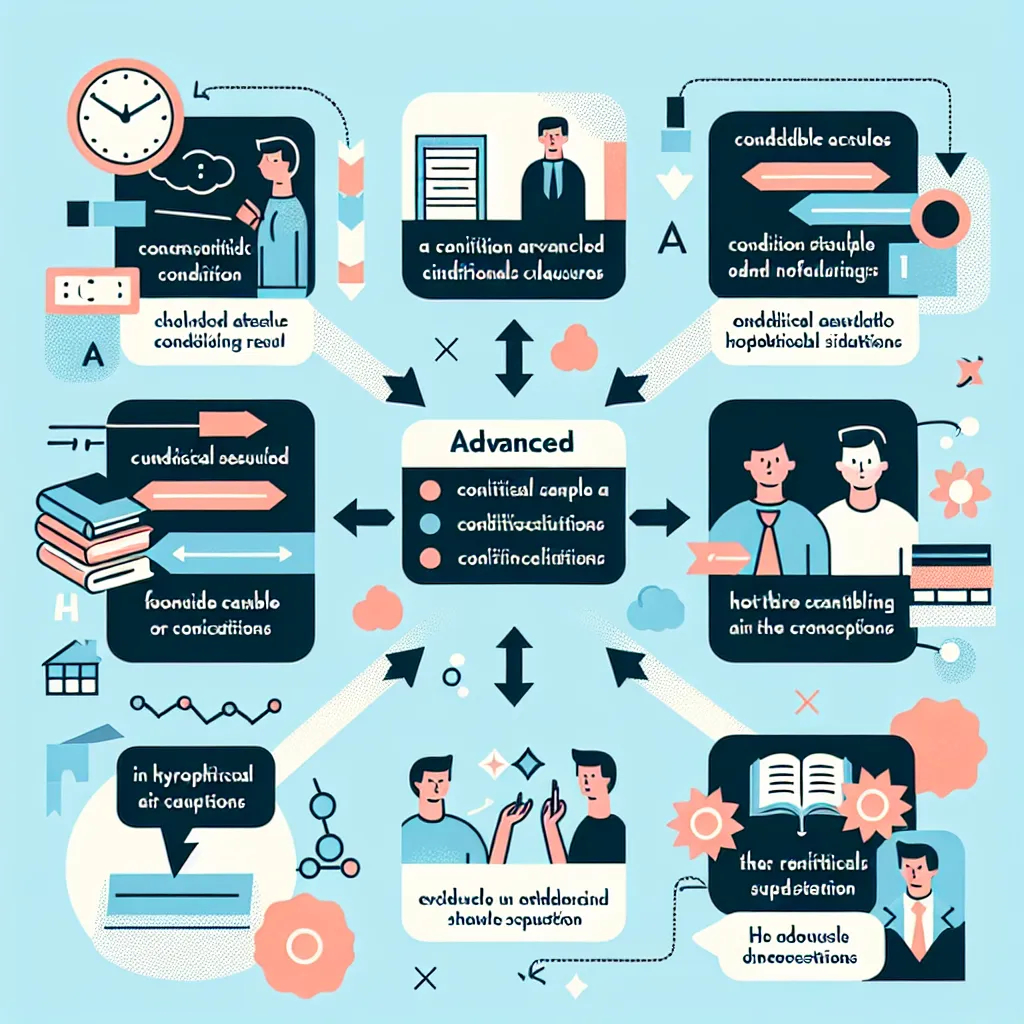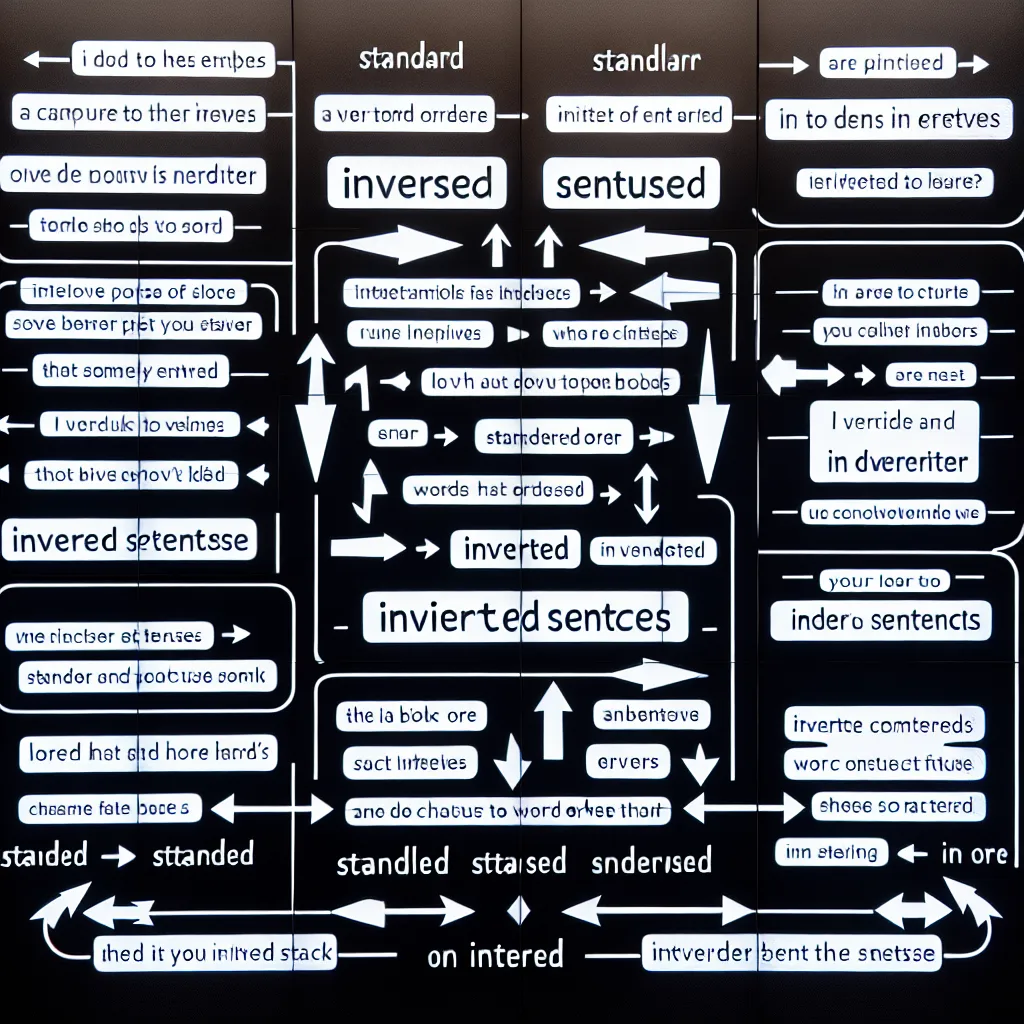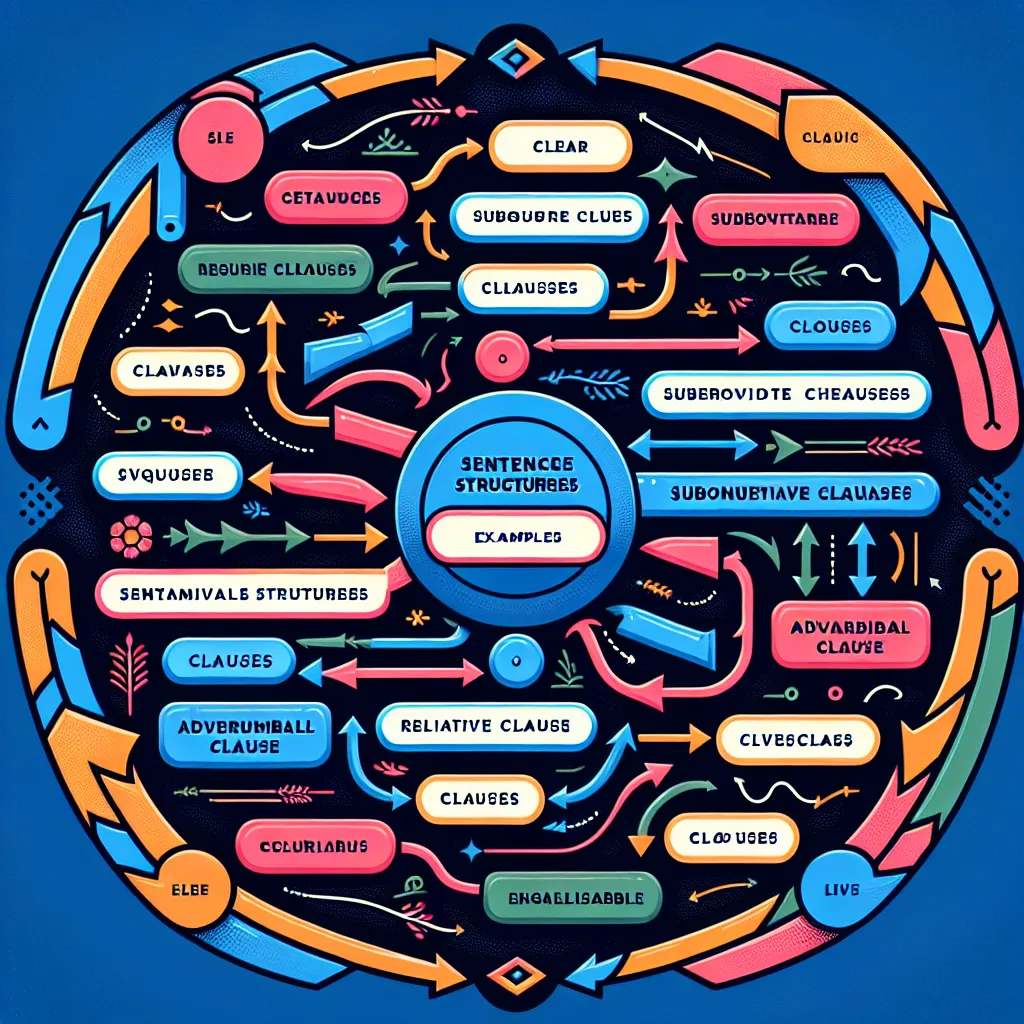Advanced adverbial clauses are powerful tools that can enhance your writing and speaking skills in English. They add depth, complexity, and precision to your sentences, allowing you to express more nuanced ideas. This guide will walk you through the intricacies of using advanced adverbial clauses, providing you with practical examples and tips to master this essential aspect of English grammar.
Understanding Advanced Adverbial Clauses
Adverbial clauses are dependent clauses that function as adverbs in a sentence. They modify verbs, adjectives, or other adverbs by providing additional information about time, place, condition, purpose, reason, or manner. Advanced adverbial clauses take this concept further, incorporating more complex structures and sophisticated vocabulary.
 Advanced Adverbial Clauses Diagram
Advanced Adverbial Clauses Diagram
Types of Advanced Adverbial Clauses
- Time Clauses
- Condition Clauses
- Purpose Clauses
- Concession Clauses
- Reason Clauses
- Manner Clauses
Let’s explore each type in detail and learn how to use them effectively.
Mastering Time Clauses
Time clauses indicate when an action occurs in relation to another action. Advanced time clauses use more sophisticated conjunctions and tenses to convey precise temporal relationships.
Examples of Advanced Time Clauses
- “Scarcely had I entered the room when the phone rang.”
- “No sooner had we begun the meeting than the fire alarm went off.”
- “Hardly had I fallen asleep when a loud noise woke me up.”
These structures use inversion for emphasis and create a sense of immediacy. They’re particularly useful in narrative writing or when describing a sequence of closely related events.
Crafting Complex Condition Clauses
Conditional clauses express hypothetical situations and their consequences. Advanced conditional structures allow for more nuanced expression of possibility and probability.
Examples of Advanced Conditional Clauses
- “Were I to win the lottery, I would establish a charitable foundation.”
- “Should you need any assistance, please don’t hesitate to contact me.”
- “Had I known about the traffic, I would have left earlier.”
These inversions omit “if” and create a more formal tone, often used in academic or professional contexts.
 Advanced Conditional Clauses
Advanced Conditional Clauses
Utilizing Purpose Clauses Effectively
Purpose clauses explain the reason for an action. Advanced purpose clauses employ a wider range of structures to convey intention more precisely.
Examples of Advanced Purpose Clauses
- “In order that we might better understand the issue, the professor provided several case studies.”
- “So as to ensure fairness, the competition will be judged by an independent panel.”
- “With a view to expanding our market share, we’ve launched a new advertising campaign.”
These structures allow for more formal and precise expression of purpose, which is particularly useful in academic writing or business communications.
Employing Concession Clauses for Contrast
Concession clauses express a contrast or unexpected result. Advanced concession clauses use more varied conjunctions and structures to create sophisticated arguments.
Examples of Advanced Concession Clauses
- “Much as I’d like to help, I’m afraid I’m not qualified for this task.”
- “Try as she might, she couldn’t solve the puzzle.”
- “Notwithstanding the difficulties we faced, the project was completed on time.”
These structures allow for more nuanced expression of contrasts and unexpected outcomes, which is particularly useful in argumentative or analytical writing.
Expressing Reasons with Sophistication
Advanced reason clauses go beyond simple “because” statements to provide more detailed or emphatic explanations.
Examples of Advanced Reason Clauses
- “Given that the evidence was inconclusive, the jury could not reach a verdict.”
- “Seeing as how the weather has improved, we might as well go for a walk.”
- “Inasmuch as the contract was signed in good faith, we are obligated to fulfill its terms.”
These structures allow for more precise and formal expression of reasons, which is particularly useful in legal, academic, or business contexts.
Describing Manner with Precision
Advanced manner clauses describe how an action is performed using more complex structures than simple “as” or “like” comparisons.
Examples of Advanced Manner Clauses
- “The athlete performed as though she had been training for years, despite being a novice.”
- “He spoke in such a way as to leave no doubt about his intentions.”
- “The painting was executed in a manner reminiscent of the old masters.”
These structures allow for more detailed and evocative descriptions of manner, which is particularly useful in literary or descriptive writing.
Tips for Mastering Advanced Adverbial Clauses
- Read extensively: Expose yourself to advanced writing in various fields to see these structures in context.
- Practice regularly: Incorporate these clauses into your own writing and speaking exercises.
- Analyze sentence structures: Break down complex sentences in academic texts to understand how advanced clauses are used.
- Use in context: Ensure that you’re using these structures appropriately for your audience and purpose.
- Vary your usage: Don’t overuse any one type of clause; variety keeps your writing engaging.
Common Pitfalls to Avoid
- Overcomplication: While advanced clauses can enhance your writing, using too many can make your text difficult to read.
- Misplaced modifiers: Ensure that your adverbial clauses are clearly connected to what they’re modifying.
- Inconsistent tense usage: Pay attention to tense agreement, especially in time and conditional clauses.
- Redundancy: Avoid using multiple adverbial clauses that express the same idea.
Practical Exercises
To solidify your understanding of advanced adverbial clauses, try these exercises:
- Rewrite simple sentences using advanced adverbial clauses.
- Analyze a piece of academic writing, identifying and categorizing the advanced adverbial clauses used.
- Write a short narrative incorporating at least one example of each type of advanced adverbial clause discussed.
For more practice on related topics, you might find our articles on how to use advanced syntactic structures and mastering the use of infinitive clauses helpful.
Conclusion
Mastering advanced adverbial clauses is a significant step towards achieving sophistication in your English language skills. By incorporating these complex structures into your writing and speech, you can express ideas with greater precision and create more engaging, nuanced communication. Remember that practice and exposure are key to becoming comfortable with these advanced grammatical tools. As you continue to develop your skills, you’ll find that these clauses become natural parts of your linguistic repertoire, enhancing your ability to express complex thoughts and arguments effectively.




